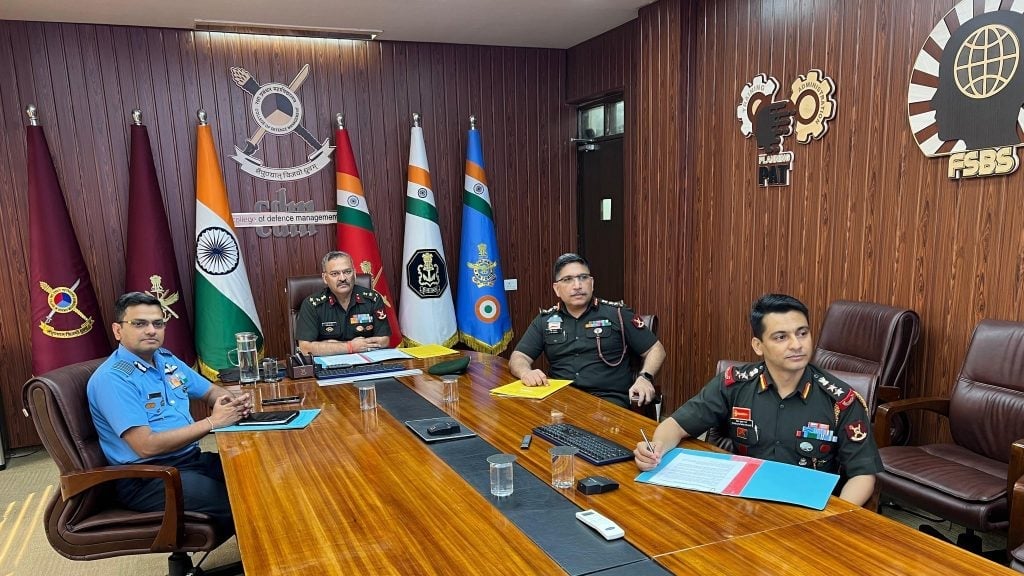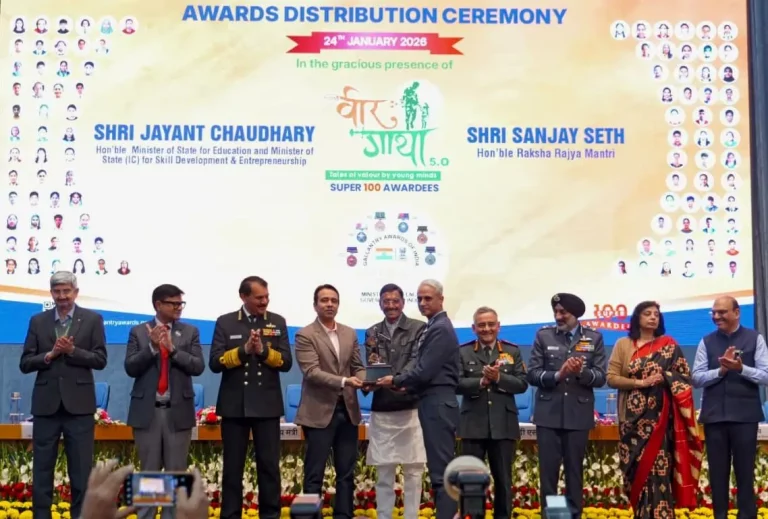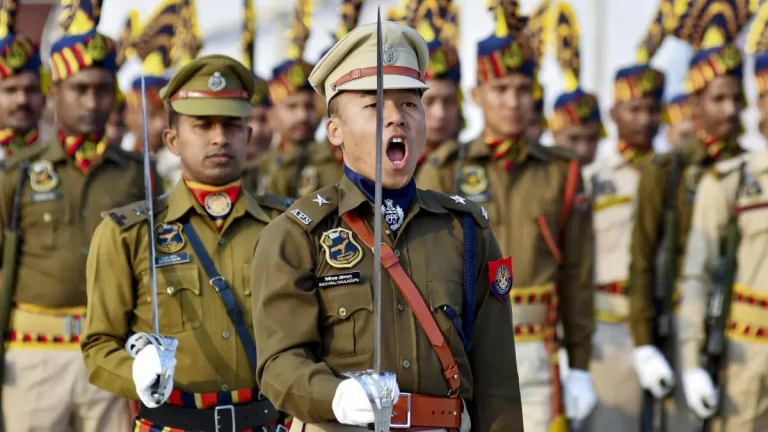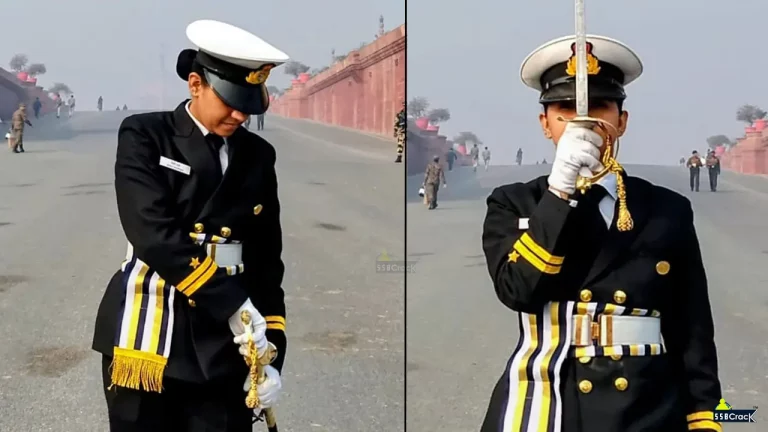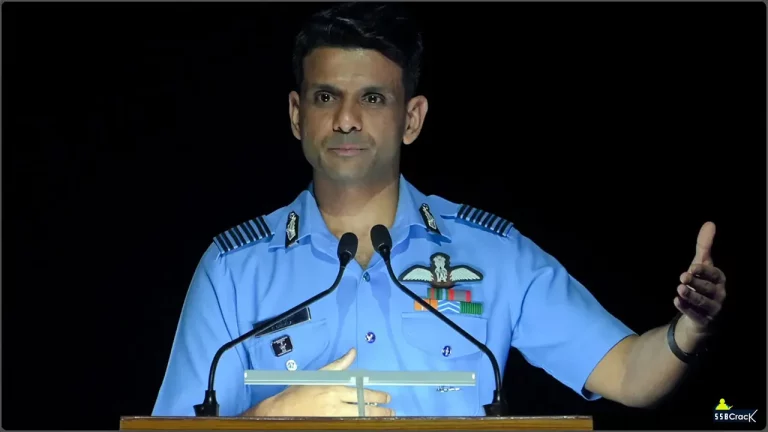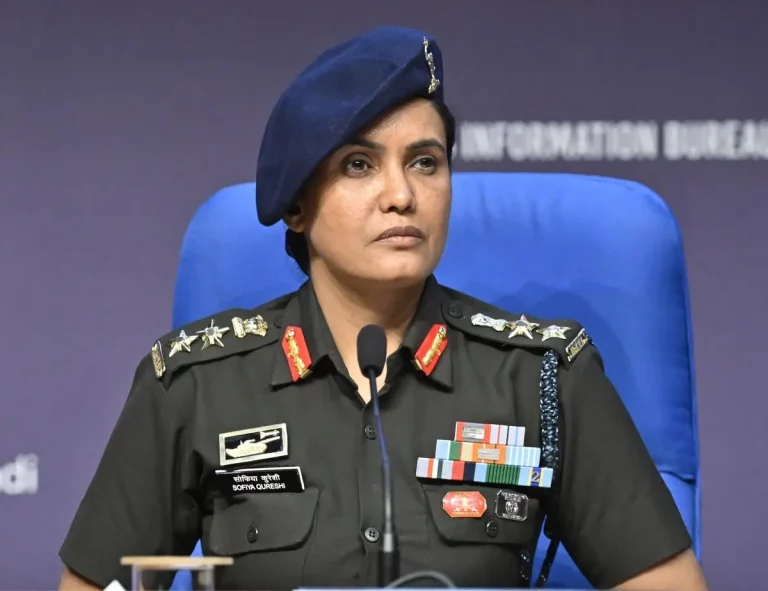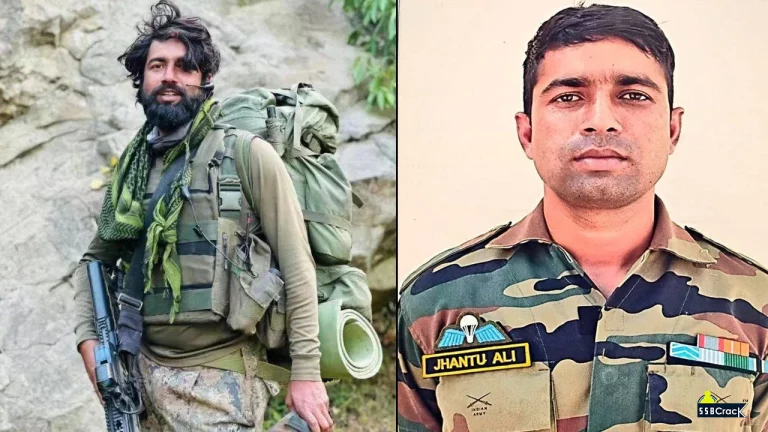In a noteworthy development aimed at enhancing military cooperation, the College of Defence Management (CDM) of India’s Integrated Defence Staff (IDS) recently held an online academic discourse with the Academy of the Armed Forces of Uzbekistan. This collaborative event took place within the framework of a Defence Cooperation Memorandum of Understanding (MoU) established between the two countries and focused on the theme “Envisioning Military Conflicts of the Future.”
The discussions during the online session explored the changing dynamics of warfare, particularly highlighting the growing significance of artificial intelligence (AI), hybrid threats, and the concept of strategic ambiguity. These elements are crucial in reshaping modern conflicts and present new challenges for armed forces globally. Participants from both nations engaged in a dynamic exchange of ideas, aiming to identify feasible solutions to manage the complexities associated with future military confrontations.
The virtual session saw senior military officials from both India and Uzbekistan convene in formal settings, complete with national flags and military insignia, reinforcing the professionalism and dedication of the participating delegations. The Indian team comprised officers from various branches of the armed forces, while their Uzbek counterparts contributed their own strategic insights, marking an important step in strengthening military diplomacy to address mutual security challenges.
This initiative builds upon a solid foundation of defence cooperation that has developed over the years, particularly highlighted by the signing of three MoUs back in 2019 during a visit by India’s former Defence Minister Rajnath Singh to Tashkent. Those agreements, focusing on military medicine and education, have paved the way for vital exchanges like this academic discourse. The CDM, established in 1970 in Secunderabad, is known as a leading institution for the training of Indian defence officers in contemporary management practices. Meanwhile, Uzbekistan’s Academy of the Armed Forces serves as a critical center for military education within Central Asia.
The discussion underscored the global implications of the topics at hand. As hybrid threats—which blend conventional and unconventional tactics—become increasingly prominent, militaries around the world, including NATO, are prioritizing strategic responses to counter them. Additionally, the incorporation of AI into military strategies and the challenges introduced by strategic ambiguity, where adversaries’ intentions remain indistinct, have emerged as pressing concerns for defense establishments.
The event wrapped up with optimism from both sides regarding ongoing collaboration. Participants expressed that such dialogues are crucial for fostering mutual understanding and preparing for the multifaceted challenges of future conflicts. This academic exchange not only exemplifies the increasing camaraderie between India and Uzbekistan but also highlights their mutual commitment to navigating the intricate landscape of 21st-century warfare together.
